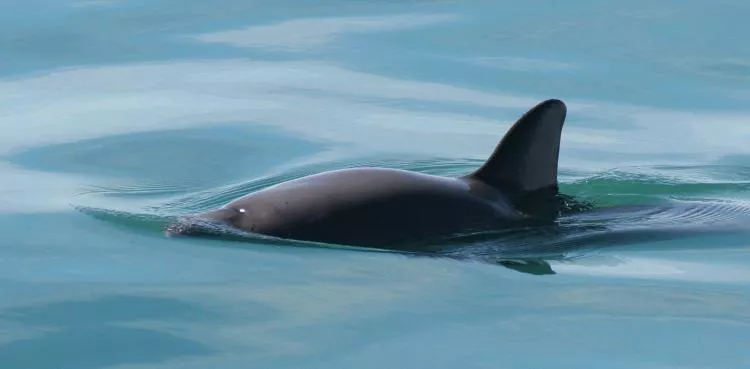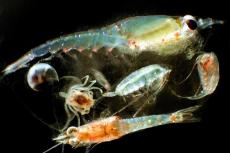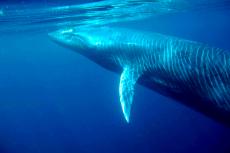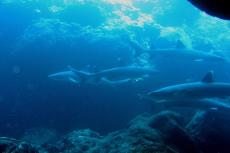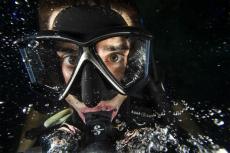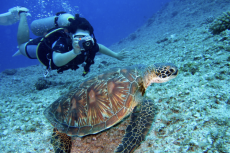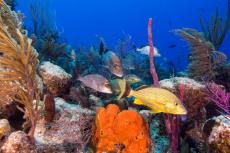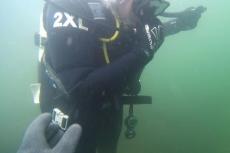Critically endangered vaquita could survive if gillnet-poaching ban enforced
Scientific research shows that the critically endangered vaquita porpoise can bounce back from near extinction if the illegal use of gillnet fishing is halted immediately.
The vaquita is the world’s smallest marine mammal, measuring between four to five feet in length. A comprehensive survey conducted in 1997 counted 570 vaquitas, but today, 25 years on, a mere ten surviving vaquitas have been counted in the Sea of Cortez, the only place that the vaquita can be found.
These remaining vaquitas appear to be healthy and are actively reproducing. However, they are under constant threat of becoming entangled in the large mesh gillnets used by poachers to catch the totoaba, an endangered fish prized for its perceived medicinal properties. Although Mexico has outlawed totoaba fishing and banned the use of gillnets in the vaquita’s habitat, reports are that this ban is not always enforced.
High genetic diversity
Genetic analysis by a team of UCLA biologists of the genomes of 20 vaquitas that lived between 1985 and 2017 has shown that despite the small remaining population, the vaquita has a lower chance of being affected by the severe genetic consequences of inbreeding. This is because their genetic diversity is quite high, and this contributes to their health and persistence.
"Interestingly, we found the vaquita is not doomed by genetic factors, like harmful mutations, which tend to affect many other species whose gene pool has diminished to a similar point," said Christopher Kyriazis, a UCLA doctoral student in ecology and evolutionary biology and a co-lead author of the research. "Outlawed fishing remains their biggest threat."
This means that the vaquita has a high chance of recovery, even with inbreeding. However, if gillnet fishing in the vaquita’s habitat continues, this little marine mammal will disappear from our oceans forever.
The research was published May 6 in the journal Science.


